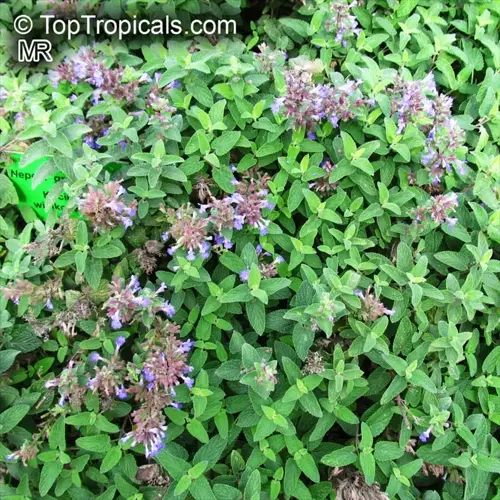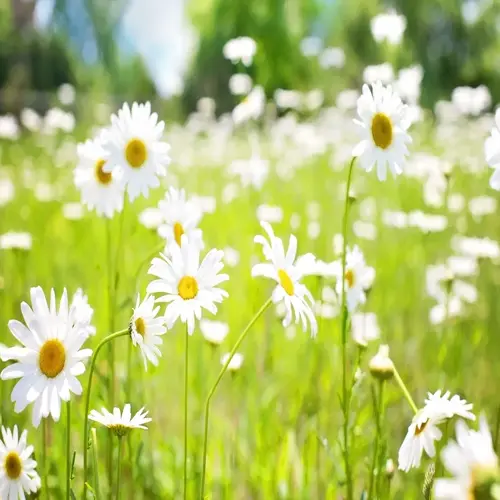What pests commonly affect chive plants?

Written by
Paul Reynolds
Reviewed by
Prof. Samuel Fitzgerald, Ph.D.Chives can be subject to a few common pests that pose a risk to their health and yield. Early detection prevents extensive damage to your plants. Aphids congregate on new growth, creating leaf deformation. Thrips leave silvery streaks from feeding. Onion maggots invade roots in moist conditions. I review my plants weekly during the warm months to catch infestations early.
Aphids
- Cluster on new shoots and undersides of leaves
- Cause curled and distorted foliage
- Transmit viral diseases between plants
Thrips
- Create silvery feeding trails on leaves
- Spread tomato spotted wilt virus
- Thrive in hot dry conditions
Onion Maggots
- Larvae tunnel into roots and bulbs
- Cause sudden plant wilting and collapse
- Proliferate in cool wet soil
Use prevention methods to avoid pest infestations altogether. Ensure plants are spaced 8-12 inches apart to allow for good airflow. Use drip irrigation in place of overhead sprinklers to keep the leaves dry and prevent water loss. Change locations every year to break pest life cycles. For example, I plant chives after lettuce or beans, which breaks these pests relatively easily.
The right application of organic treatments will help ensure maximum effectiveness. Apply a neem oil solution by spraying all leaf surfaces early in the morning. Release beneficial insects, such as ladybugs and lacewings, when the weather is cooler. Apply diatomaceous earth to the soil on a dry, less humid day. After using these methods, my plants recover in about 2 weeks.
Make sure to check your plants regularly with simple techniques. Inspect the underside of the leaves with a hand lens every week and keep an eye out for flying insects with yellow sticky cards nearby. Look for signs of damage, such as distortion in growth or stippling. I have a garden journal that tracks pest trends for each growing season, enabling me to predict and minimize pest outbreaks in the future.
Healthy plants utilize their natural defenses to resist pests more effectively. Provide enough nutrients while not over-fertilizing. Verify that plants receive at least some sunlight every day and water regularly, avoiding excessive soaking or "flooding" of the roots. Onion plants are/ can sometimes be able to withstand a minor infestation without treatment. They will, nonetheless, rebound quickly after all pests are removed.
Read the full article: How to Grow Chives Successfully

